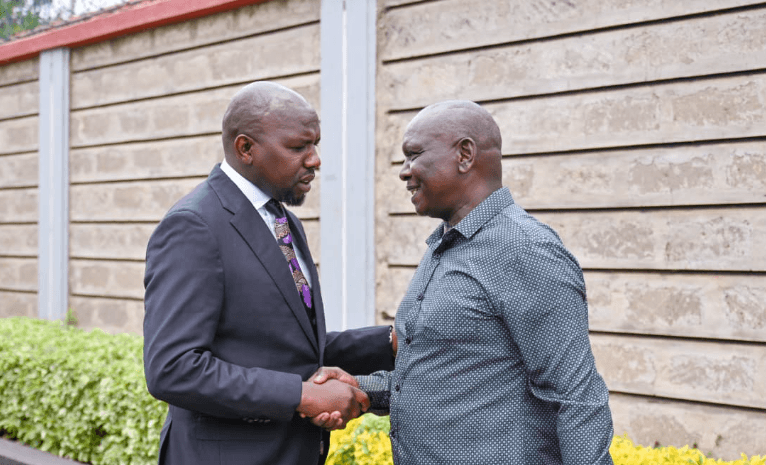A growing number of underage girls are being married off as the negative impacts of the Covid-19 disruption persist.
Although the exact number in Kenya is not known, Unicef says the pre-Covid data can be used to predict the impact of the pandemic on child marriage.
“Such projections can be made by examining existing patterns as well as historical information.”
Statistics before the pandemic indicated that 23 per cent of Kenyan girls are married before the age of 18. That includes four per cent who are married before the age of 15.
With 527,000 child brides, Kenya has the 20th highest absolute number in the world. Data from 2014 show that women marry at a younger age in Migori and Tana River counties.
Schools in Kenya closed for nine months last year due to Covid-19.
“School closures such as those triggered by Covid-19 may, in effect, push girls towards marriage since school is no longer an option. Additionally, the disruption of ‘non-essential’ services including reproductive health services has a direct impact on teenage pregnancy and subsequently on marriage,” Unicef said in a new report dubbed Covid-19: A threat to progress against child marriage.
In July last year, President Uhuru launched a probe into reports of violence against women and girls, including rape, female genital mutilation and child marriages.
A national helpline supported by the Department of Gender Affairs reported a more than 10-fold increase in calls - with 1,108 calls in the month of June compared to just 86 in February. Many were reports of child rape.
Unicef called for comprehensive social protection measures, safeguarding every child’s access to education and their legal rights.
“The risk of child marriage increases through various pathways, including economic shocks, school closures and interruptions in services,” the report says.
“It is well known, for example, that economic insecurity can lead to child marriage as a way to relieve financial pressure on a family. The evidence is also clear that education is a protective factor against child marriage.”
During the International Conference on Population and Development in Nairobi in 2019, President Kenyatta promised Kenya would eliminate gender violence and child marriage by 2030.
Uhuru also committed to increasing access to secondary and tertiary education for boys and girls.
"I really do believe the reason so many of us have convened in Nairobi is that we recognise that advancing people’s rights, in particular, women’s rights, their choices and their well-being, is the path to prosperous and resilient societies," he said.
The country also committed to ending female genital mutilation, accelerating women’s equal participation and equitable representation at all levels of the political, public and corporate sphere.
"I would like to restate my personal commitment and that of the Government of Kenya to providing the leadership necessary to ensure that this practice (FGM) ends within this generation," Uhuru said.
Edited by P.O












